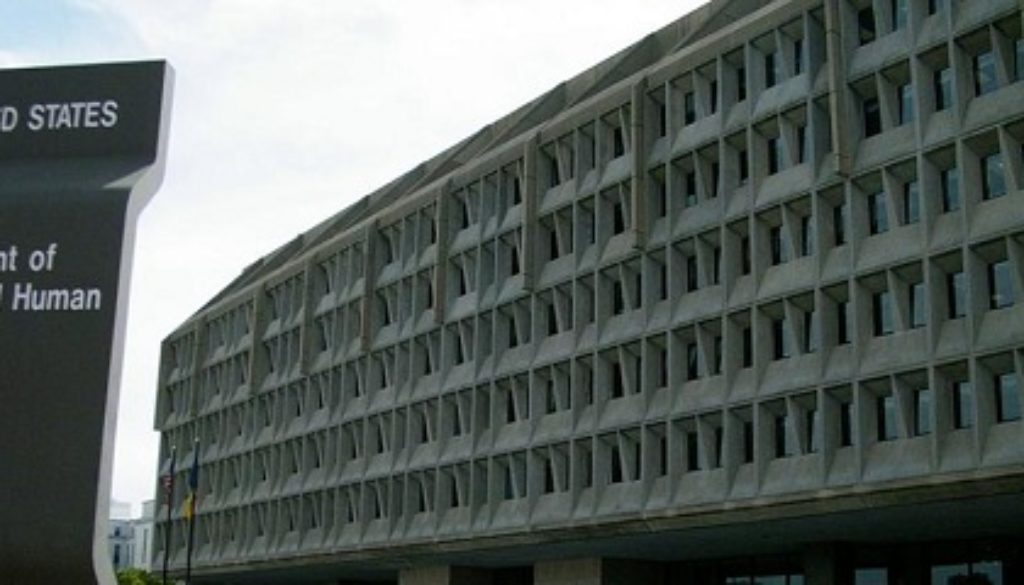Join the Fight to Improve Our Right to Know
By Jaimon Olmsted, Public Citizen
This July 4th will mark the 50th birthday of the Freedom of Information Act (FOIA). To honor the occasion, Public Citizen is joining our partners at OpenTheGovernment.org in the #50DaysofFOIA campaign, which highlights the importance of the public’s right-to-know as granted by FOIA, as well as the significance of the critical FOIA reform legislation that is currently pending in Congress.
The landmark FOIA law, enacted by Congress in 1966, gives the public the right to access government records — subject to only nine exemptions for categories of information like national security, privacy, and when disclosure is prohibited by another law. FOIA was designed to be relatively simple to use, as anyone can file a request for information from a government agency and appeal denials of those requests within the agency without legal representation. FOIA plays an essential role in our democracy by allowing regular individuals to monitor the government and hold officials accountable for their actions.
But FOIA is far from perfect. Federal agencies routinely withhold huge amounts of information by applying overly broad interpretations of the exemptions. Although someone requesting information can challenge in court assertions that an exemption applies, lawsuits are drawn-out and costly procedures that often could have been avoided by simply releasing the documents. For the most part, FOIA exemptions are not mandatory bars to disclosure, and agencies may use discretion and release the information in question, but they rarely do.
Moreover, FOIA requires agencies to respond within 20 business days (sometimes 30), but agencies often miss these deadlines. This means that requesters rarely obtain timely access to government records.
One of the most overused loopholes in FOIA is Exemption 5, and limiting its use is one of the most important components of the FOIA Improvement Act (S. 337). The FOIA Improvement Act amends FOIA to codify the “presumption of openness” policy put in place by President Obama when he first took office, which requires the government to release information unless there is a specific harm that would be caused by disclosure. Other changes will make it easier for the public to file FOIA requests and allow automatic disclosures of frequently requested information.
S. 337 passed under unanimous consent this March. Since the House-passed version of FOIA reform legislation was weakened through last-minute changes, we are urging the House to pass the Senate’s bill instead of attempting to conference the legislation together. As part of the #50DaysOfFOIA campaign, we’re pushing for the House to take up S. 337 before FOIA’s 50th birthday on July 4th.
The FOIA Improvement Act marks an important step toward the level of government transparency that the American public deserves. That’s why Public Citizen is advocating for the passage of this act, and we’re hoping you will join us by participating in the #50DaysofFOIA campaign on social media.
This week’s focus for #50DaysofFOIA is FOIA stories, and since Public Citizen has been working for a more transparent government through the strengthening of FOIA for decades, we’ve got plenty of good ones to look back on. One notable example was a suit filed by Professor William Aceves with Public Citizen against the Department of Defense (DOD) in 2012 after Professor Aceves waited more than a year before even hearing back from the DOD. The DOD then told Professor Aceves that “a significant amount of processing time [could] be saved” if he were to forgo the request for several of the documents he wanted, and stated that they would not immediately release the records they had already obtained if he did not waive his request for the remaining records.
This story had a happy ending, as the DOD did release all of the requested records within two months of Public Citizen filing suit. However, despite the work of Public Citizen and our ally organizations, there are still far too many cases of agencies delaying or refusing to release information using exemptions that have been interpreted much too broadly.
That’s why FOIA reform is so important.
It has been 50 years since FOIA first passed Congress, and it is time to ensure that it lives up to its name and gives every American the unfettered ability to monitor information about their government.
If you are passionate about the fight for greater transparency, please share this blog, follow us on Twitter @Public_Citizen and join the campaign to reform FOIA by using the #50DaysofFOIA hashtag. Talk to friends, family and community members, and tell your congressional representatives that FOIA reform is important to you.
Strengthening the public’s right to know is the key to unlocking our democracy, and we can’t miss this opportunity to improve FOIA by its 50th birthday.

